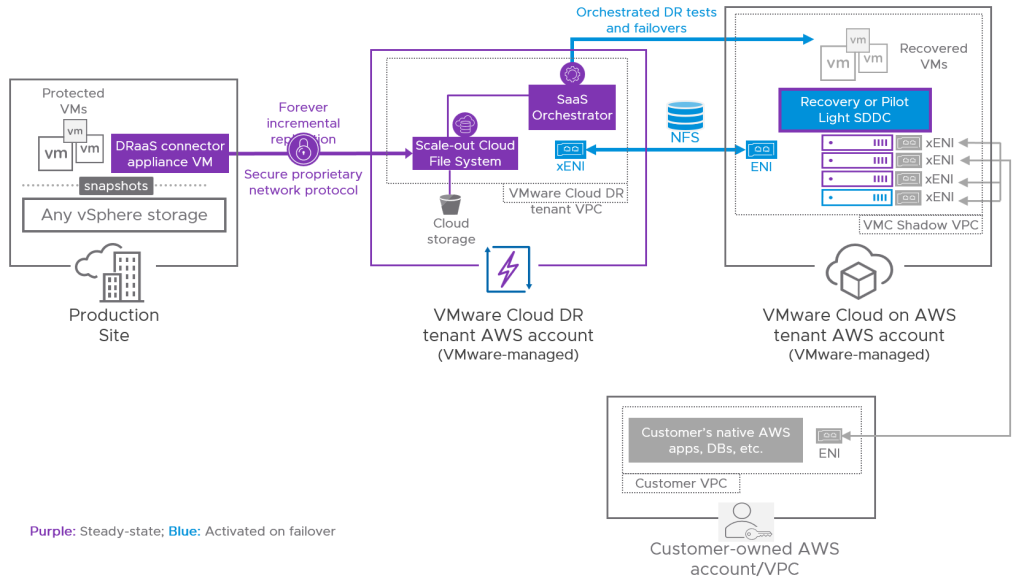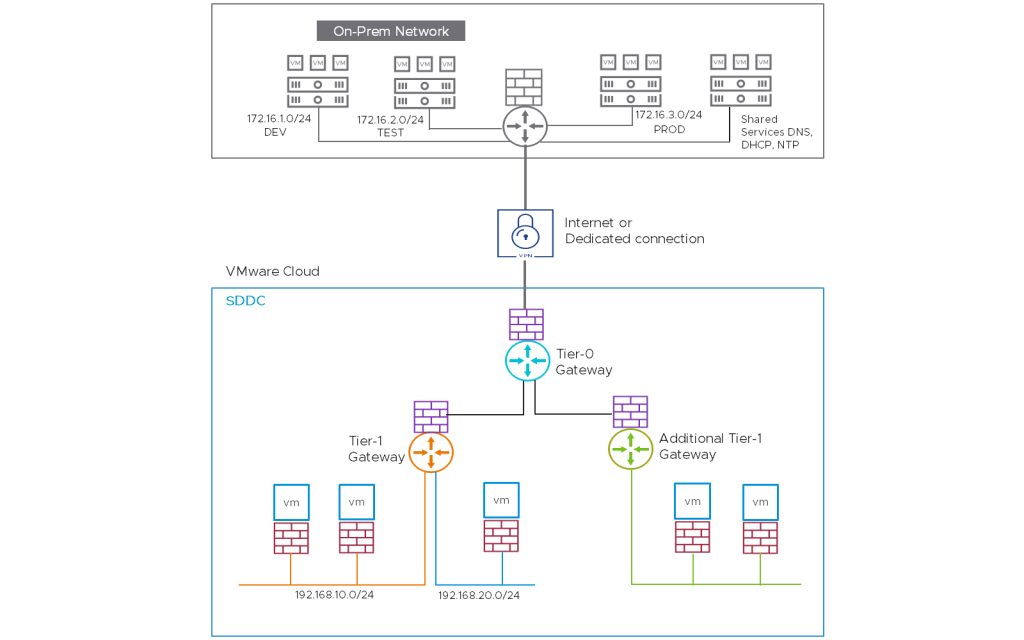- 팔로알토 네트웍스, 프로텍트 AI 인수··· ‘AI 보안 강화'
- 정철환 칼럼 | 뜬금없는 지브리 열풍
- I'd pick this midrange OnePlus phone over most budget options - especially at $70 off
- The OnePlus 12 still competes with today's flagship phones - and it's on sale for $150 off
- You can run Arch Linux in Windows now - here's how
Introducing VMware Cloud Well-Architected Designs

When VMware launched the VMware Cloud Well-Architected Framework (VMCWAF), we started laying the groundwork for our customers to base their architecture and operational models around a well-thought-out methodology that is not locked to any vendor or technology. Given this cloud-agnostic view, VMware is best positioned to deliver comprehensive guidance to support organizations throughout their multi-cloud journey.
The VMware Well-Architected Framework is based on five pillars: plan, build, secure, modernize, and operate. When creating any cloud architecture, we recommend you consult and build your designs based on the foundation of these pillars. Our customers have asked for more guidance on specific use cases while staying cloud agnostic.
Today we are excited to introduce the release of the VMware Cloud Well-Architected Designs. They offer more guidance for specific use cases while remaining cloud-agnostic and following the guiding principles of the VMCWAF. These initial designs focus on critical areas such as cloud migration, disaster recovery, and network security.
Cloud Migration
The process of migrating workloads can be quite challenging, particularly when changes are made to the way applications or infrastructure interact. The VMware Cloud Well-Architected Design – Cloud Migration Strategy explains the various options that are available when migrating workloads, while the VMware Cloud Well-Architected Design – Cloud Migration Planning and Planning focuses on the planning phases of a migration project. This design explains how to discover migration candidates, logically group workloads, assign policies, determine sizing and associated costs, and more. Even if you are only migrating workloads within your on-premises locations, this design can also assist in the planning phase.

Disaster Recovery
Disaster recovery is a critical aspect of any business continuity plan. The VMware Cloud Well-Architected Design for Disaster Recovery Planning and Preparation provides guidance on how to use the cloud for disaster recovery, which can be more cost-effective than traditional standby locations. However, careful planning and preparation are still necessary. The Disaster Recovery Planning and Preparation Well-Architected Design can help organizations navigate considerations such as Recovery Time Objective (RTO) and Recovery Point Objective (RPO) requirements, topology, sizing, capacity, scale, and deployment models. By following this design, you can ensure that your disaster recovery plan is well-architected and effective, minimizing downtime and business disruption in the event of a disaster.

Network Security
Network security is an essential aspect of cloud infrastructure, and VMware Cloud offers several built-in security capabilities that can help protect your workloads. However, protecting your workloads’ traffic requires different considerations based on the direction it flows (north-south / east-west). The VMware Cloud Well-Architected Designs for network security includes Distributed Firewall – Approaches, Distributed Firewalls – Use Cases and Scope, and Gateway Firewalls – Use Cases and Scope. These designs will guide organizations in choosing the right method to secure their cloud based workloads.

Summary
The VMware Cloud Well-Architected Designs provide a solid foundation for organizations to plan and execute their cloud projects based on five essential pillars: plan, build, secure, modernize, and operate. To offer more guidance on specific use cases, VMware has released initial designs focusing on critical areas such as cloud migration, disaster recovery, and network security. These designs offer comprehensive guidance to help organizations navigate complexities related to workload migration, disaster recovery planning, and network security. The Well-Architected Designs are expected to expand and evolve over time, and VMware welcomes feedback at vmwcloudready@vmware.com.

